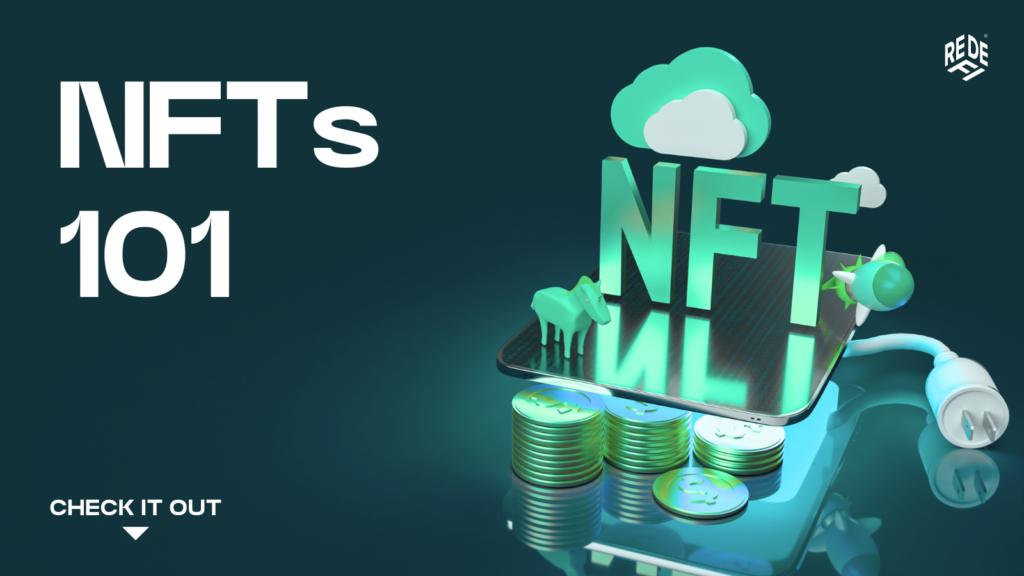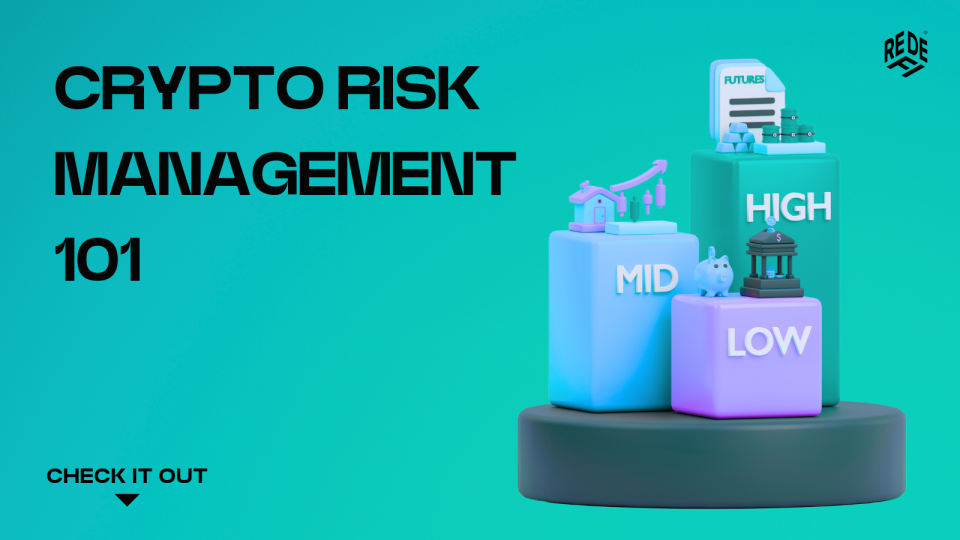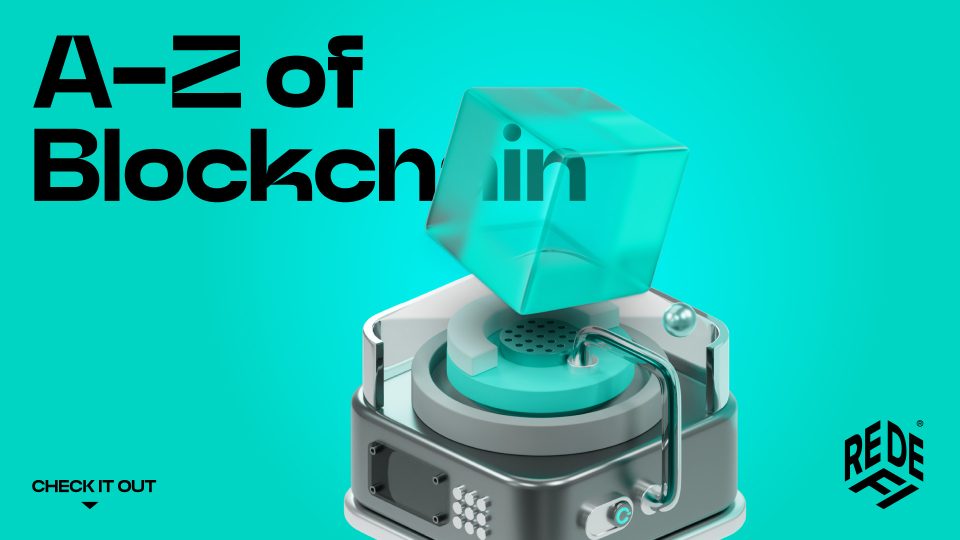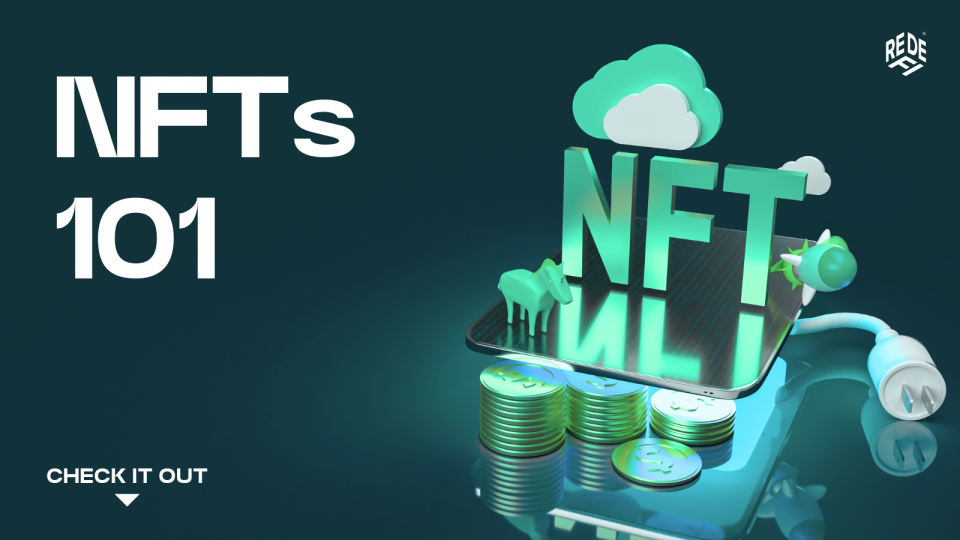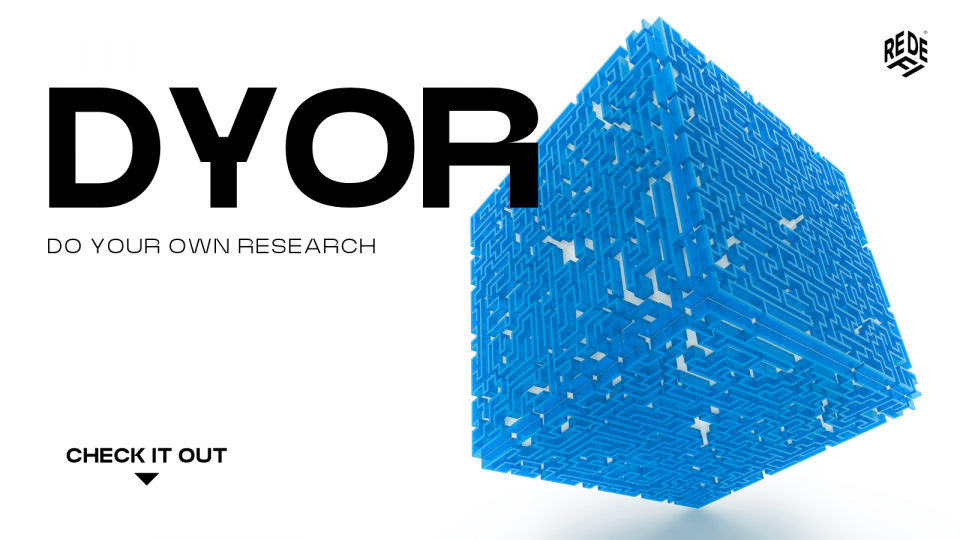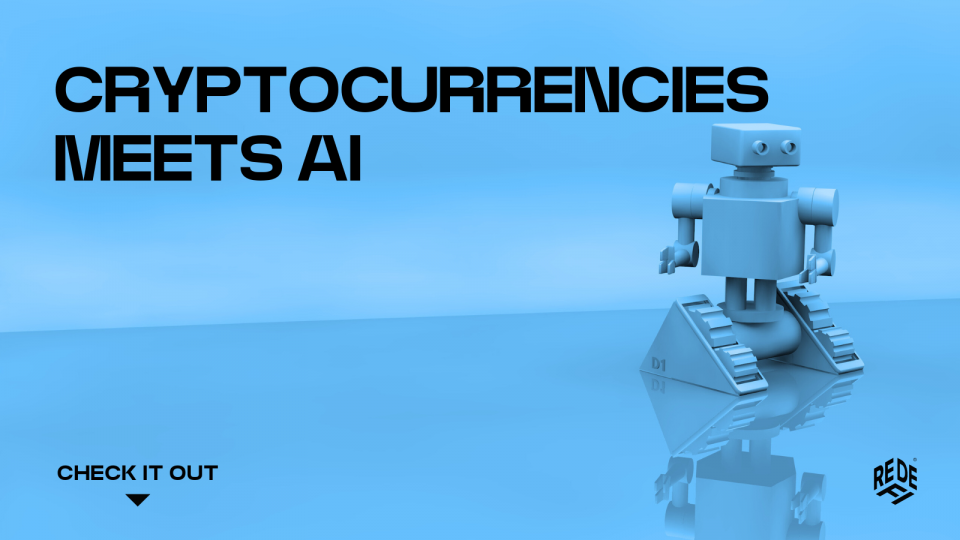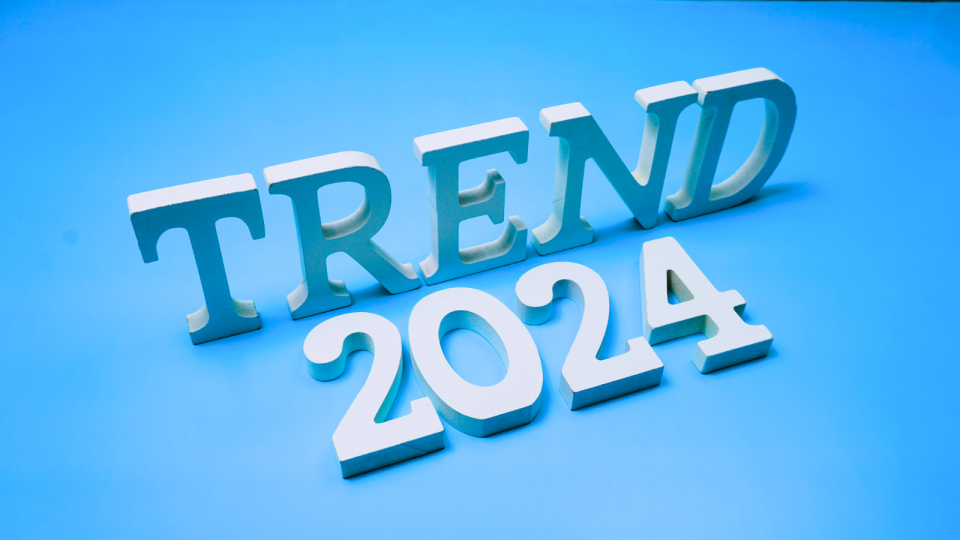A brief introduction of the Non-Fungible-Tokens
Non-Fungible-Tokens (NFTs) have emerged as a captivating phenomenon in the last 2 years. They represent a new way of ownership in web3, but to understand their significance, let’s begin with the basics.
What is an NFT?
NFT stands for Non-Fungible Token. “Fungible” means interchangeable, like one dollar bill for another. NFTs, however, are unique and irreplaceable digital assets. Think of them as digital certificates of authenticity, proving ownership of one-of-a-kind items like the Mona Lisa painting.
How Do NFTs Work?
At the core of NFTs lies blockchain technology, the very innovation underpinning cryptocurrencies. Blockchains are decentralised digital ledgers designed to transparently and securely record transactions.
With NFT ownership, you hold a unique digital certificate securely stored on a blockchain. This serves as conclusive proof of your ownership of that particular NFT, whether it’s digital art, music, virtual real estate, or even a tweet.
Proof of Ownership
NFTs provide a revolutionary concept known as ‘’proof of ownership.’’ In the real world, ownership is established through deeds, certificates, or signatures. In crypto, NFTs serve as this proof. They guarantee that you own the original item, and the blockchain ledger confirms this.
The Value of NFTs
You might be wondering why individuals are willing to invest significantly in something that could theoretically be accessed for free on the internet. The explanation rests in the notion of value.
Consider traditional art. A famous painting is valuable not just because it’s a unique physical object but because of its historical significance, the artist’s reputation, and cultural impact. Similarly, NFTs derive their value from a combination of factors:
- Uniqueness: NFTs represent scarcity. Even if a digital image can be copied, only one person can own the original NFT, backed by blockchain proof.
- Ownership: NFTs grant exclusive ownership rights. When you own an NFT, you have control over that, including the ability to sell or display it in virtual galleries.
- Creator’s Reputation: The creator’s reputation significantly affects an NFT’s value. Renowned artists and celebrities have ventured into the NFT market, enhancing the perceived value of their creations.
- Digital Collectibles: NFTs enable digital collectibles and gaming assets. Just as physical trading cards or rare stamps hold value, so do unique digital collectables.
- Cultural Significance: Some NFTs capture historical moments, like the first tweet or iconic internet memes. These hold cultural and historical value.
In summary, NFTs represent a new era of digital ownership, offering proof of uniqueness and ownership through blockchain technology. Their value, much like traditional assets, depends on a combination of scarcity, reputation, and cultural significance. As NFTs continue to evolve, they open up exciting possibilities for artists, creators, collectors, and enthusiasts in the crypto and blockchain industry.
